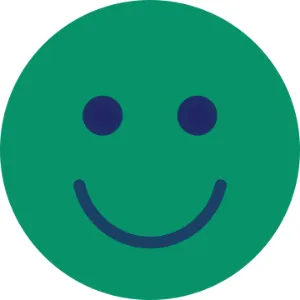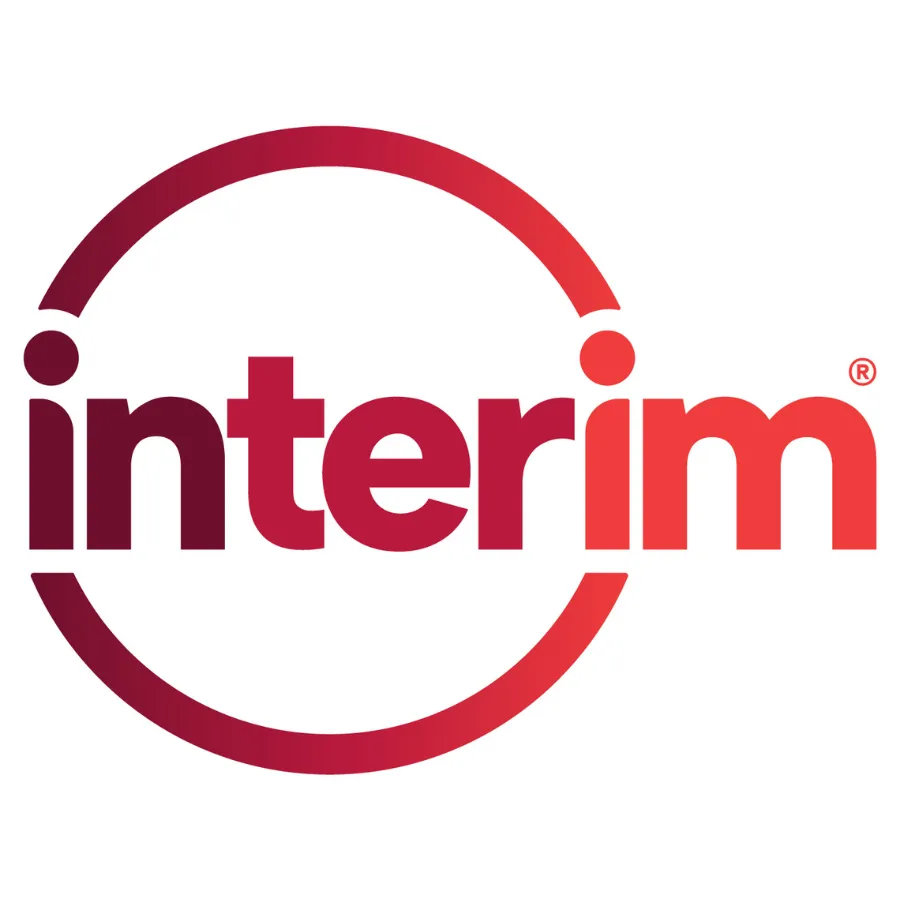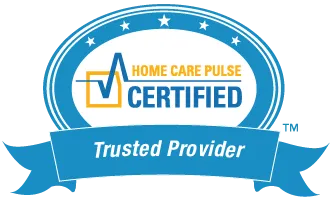Safety & Reliability
Home Care

Assisted Living

Private Caregiver

Home Health

Family Care

No Care

When it comes to caring for an aging loved one, safety and reliability are non-negotiable. Families need to know that care will happen as promised and that their loved one is protected physically, emotionally, and financially. Each care option carries different levels of consistency and risk.
Home Care
Home care offers the strongest balance of safety, consistency, and accountability. Agencies like Interim Home Care employ caregivers who are background-checked, insured, and supervised by professionals. Reliable scheduling, regular communication, and on-call support mean care never stops — even if a caregiver is sick or unavailable. Families can depend on continuity and oversight, which dramatically reduces risk.
Assisted Living
Assisted living provides a safe environment with 24-hour staff on-site, but care is divided among many residents. Staff turnover, shift changes, and limited supervision can create lapses. Safety systems exist, yet the reliability of individualized attention varies by facility and staffing levels.
Private Caregiver
An independent caregiver’s safety and reliability depend entirely on one person. If they’re late, quit, or experience an emergency, there’s no built-in backup. Many operate without background checks, liability insurance, or worker’s compensation — exposing families to both personal and financial risk. What begins as convenience can turn into unpredictability.
Home Health
Home health professionals are licensed and vetted, ensuring clinical safety during visits. However, reliability suffers outside those short appointments — there’s no one watching between visits, and continuity of care ends once treatment goals are met. It’s safe in short bursts, but inconsistent long term.
Family Caregiver
Family members provide care with love, but not always with training or reliable availability. Without professional guidance, safety hazards (like lifting injuries or medication errors) can arise. Unplanned absences or exhaustion also make consistency difficult to maintain.
No Care
Without support, safety is compromised daily. Falls, medication mistakes, isolation, and poor nutrition are common. Reliability is nonexistent because no system or professional oversight exists. It’s the riskiest option of all — and one that often ends in preventable emergencies.


